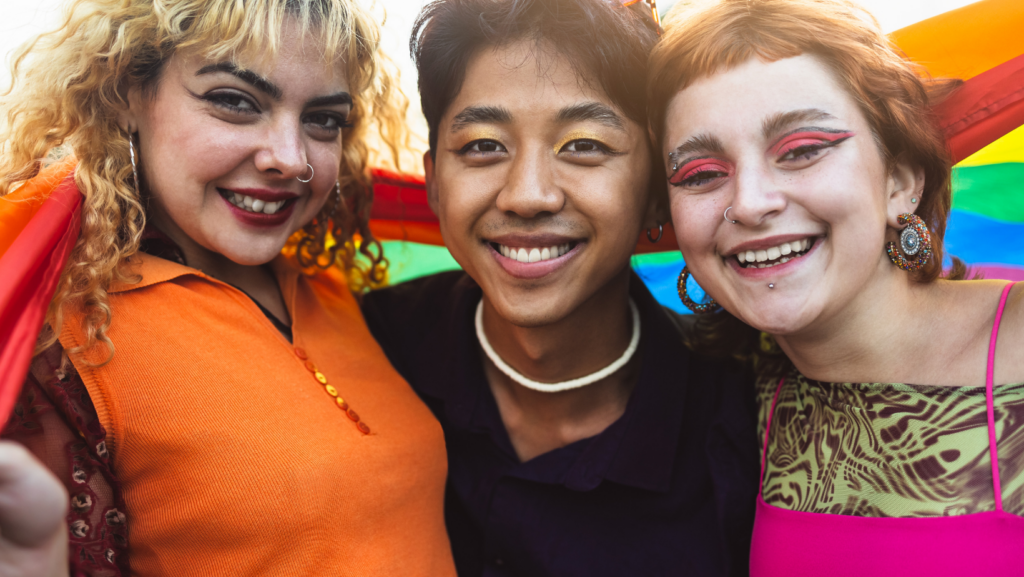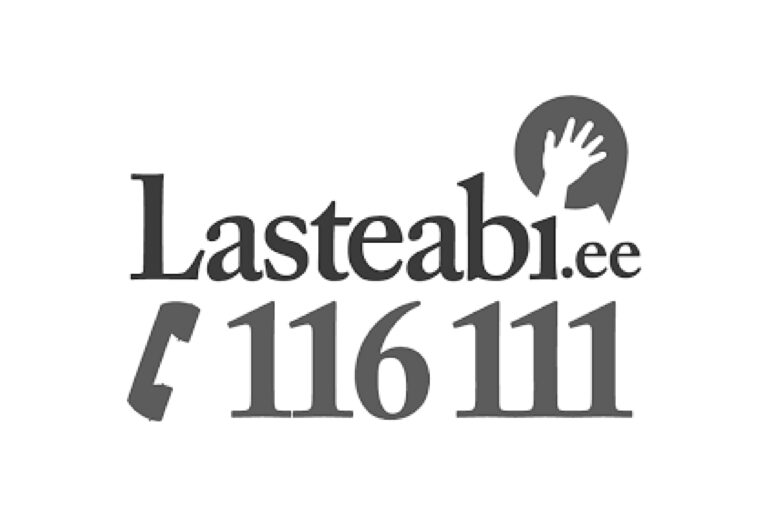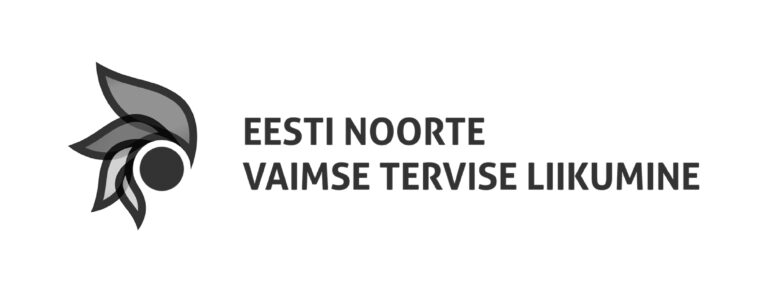Many people have been raised to believe that everyone feels sexual attraction to the opposite gender. However, that is not true. Many people are attracted to the same or more than one gender and that’s totally okay.
‘Homosexual’ is a word used to describe people who are only attracted to people of the same gender. It can be used to describe a person of any gender, but women may sometimes prefer to be called lesbians and men may prefer to be called gay. People who are drawn to more than one gender often feel that they are bisexual or pansexual.
How do I know that I am gay, lesbian or bisexual?
Some people know their sexuality from a very young age, but some are not so sure about it. It may be difficult to know whether you are gay, lesbian, heterosexual, bisexual or something else and there is no specific way to know. It is just how you feel.
If you are a man and you are only attracted to other men, you may be gay. If you like other men and feel excited when thinking about them, and want to date them and build relationships with them, it may be a sign that you are gay.
If you are a woman and you are only drawn to other women, you may be a lesbian. If you like other women, and feel excited when thinking about them and want to date them and build relationships with them, it may mean than you are a lesbian.
If you are attracted to people of multiple genders or non-binary people, you may be bisexual or pansexual.
It is okay not to know what your sexual identity is. Many people believe that their sexuality is fluid and may change at different points of their life. The most important thing is to feel comfortable and satisfied with yourself and to respect others regardless of your sexual identity.
Is it okay to be gay, lesbian or bisexual?
It is completely normal to be gay, lesbian, bisexual or have any other sexual identity. In fact, being LGBTI+ is a thing of pride. You being gay or lesbian does not mean that you should behave or live your life differently. Gay, lesbian and bisexual people come in different sizes and shapes and lead all kinds of lives.
I think I am gay, lesbian or bisexual – what now?
First of all – congratulations! Accepting your sexual identity may take time and effort and you should be really proud about taking that step. If you believe you are gay, lesbian or bisexual, it may help you connect with other young people who are LGBTI+, find out more about yourself and make friends with similar experiences. The Estonian LGBT Association is an organisation uniting LGBT+ people, which may be one of the ways to find support and friendship in your new stage of life.
Identifying your sexuality, feeling content about it and learning to know yourself is a process that may take time and there is no set timeline you have to follow. You may feel that you are ready to tell certain people in your life, and that is great, but you do not have to tell anyone if you feel uncomfortable doing it.
The opinion of friends and family can mean a lot to us and it can be nerve-wracking to hide something from them or decide to tell them. If you are having issues with your feelings about telling someone that you are LGBTI+, it may help to talk about it. See more: Counselling and support groups | Estonian LGBT Association
See also the video below.
What are gay, lesbian and bisexual relationships like?
Gay, lesbian and bisexual relationships are just as diverse and different as heterosexual relationships. Every good relationship is based on love, care, respect and communication, including gay and lesbian relationships. LGBTI+ relationships come in all shapes and sizes – it all depends what you and your partner seek and desire from the relationship.
What about gay or lesbian sex?
Just like couples of all sexual identities and genders, gay and lesbian couples can have sex in many ways and everyone has different preferences. It all depends on what you and your partner like and feel comfortable with. Just because you identify one way sexually does not mean that sex for you has to be a certain way. Regardless of the sex you choose, it should be something that gives pleasure to you and your partners. Pleasure should be at the centre of all sexual experiences and it may take time before you find out what you enjoy.
It is also crucial that, regardless of the sex you are practising, it is emotionally and physically safe. Read more: What is a safe sexual relationship? , What is sexual health? , What is consent .
Coping with discrimination and homophobia, biphobia and transphobia
The attitude of society is changing and LGBT+ people are supported and accepted much more now than before. Unfortunately, there are still people who do not accept LGBT+ people. The concept of someone treating a person worse just because they are gay, lesbian or bisexual is called homophobia. It can be really disturbing when someone refuses to treat you equally for something completely beyond your control.
However, keep in mind that there is nothing wrong with being LGBTI+ and it is something to be proud of regardless of what anyone says.
Taking care of your mental health
Being LGBTI+ can be amazing, but it can also sometimes present challenges. Experiencing homophobia may harm your mental health. It is essential to take care of yourself and be sure that you will receive the support you need. Read more about it here and here.
The article is based on the sexual health website of the Estonian Sexual Health Association and www.spunout.ie.
Spunout is Ireland’s youth information website.







